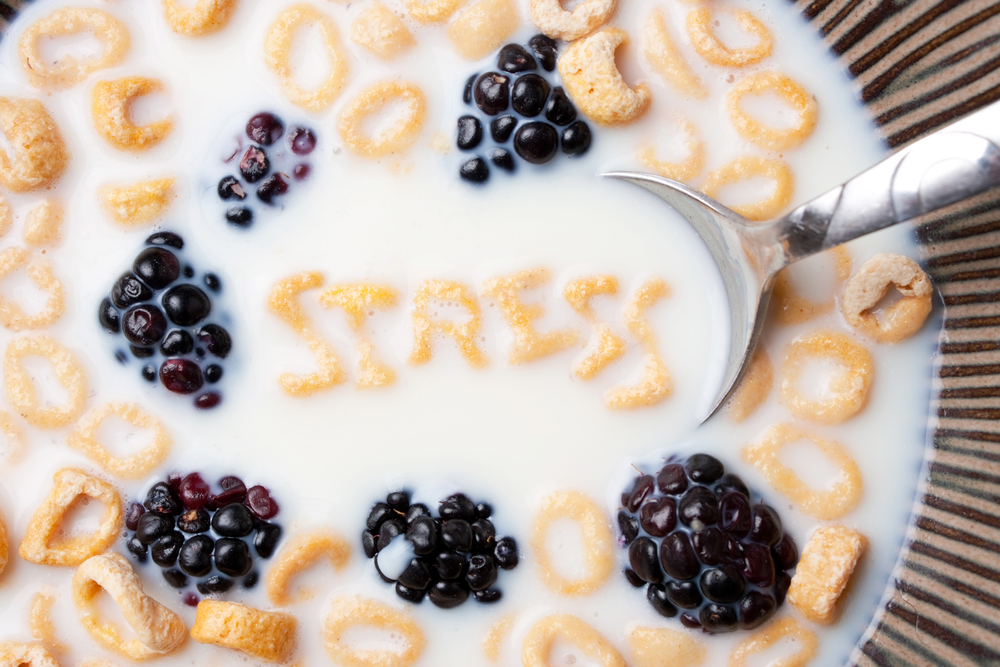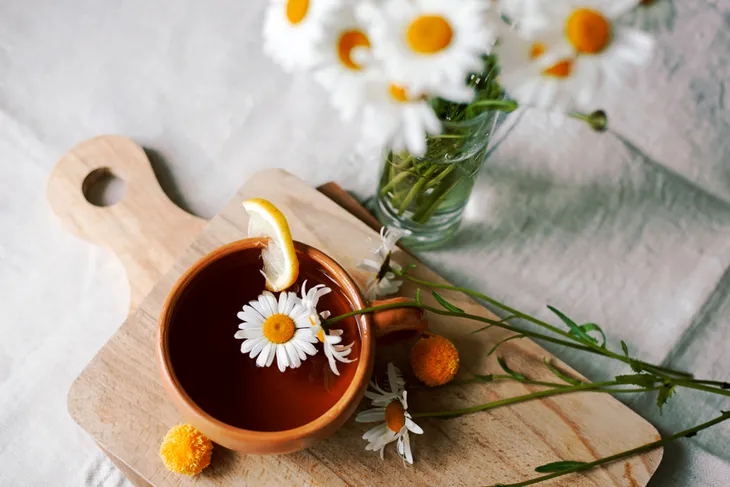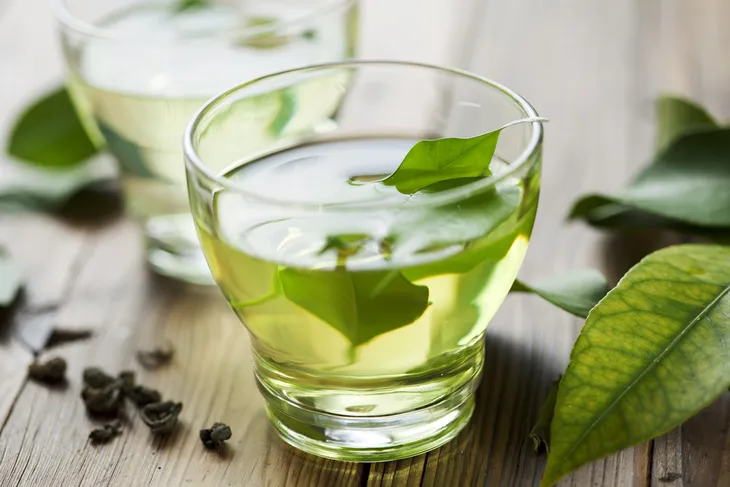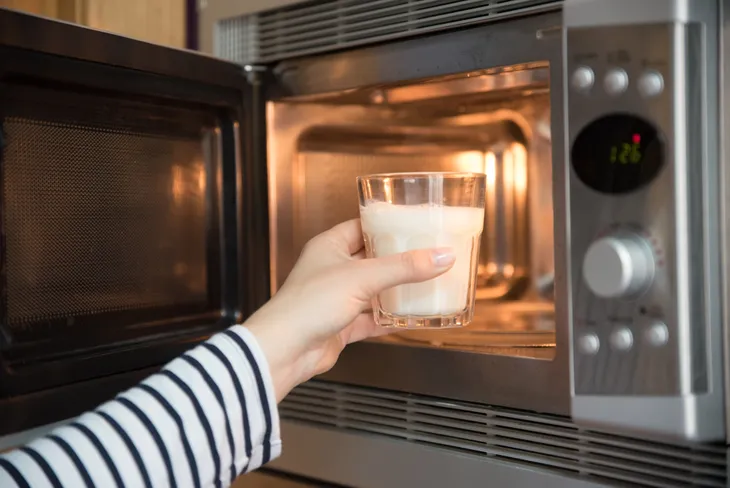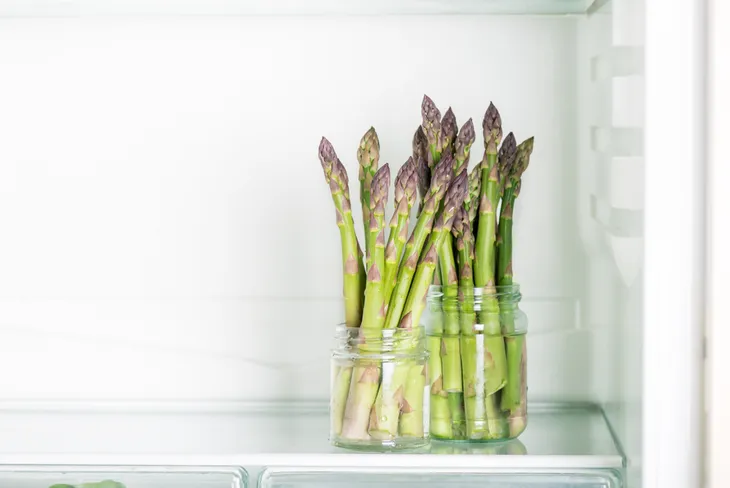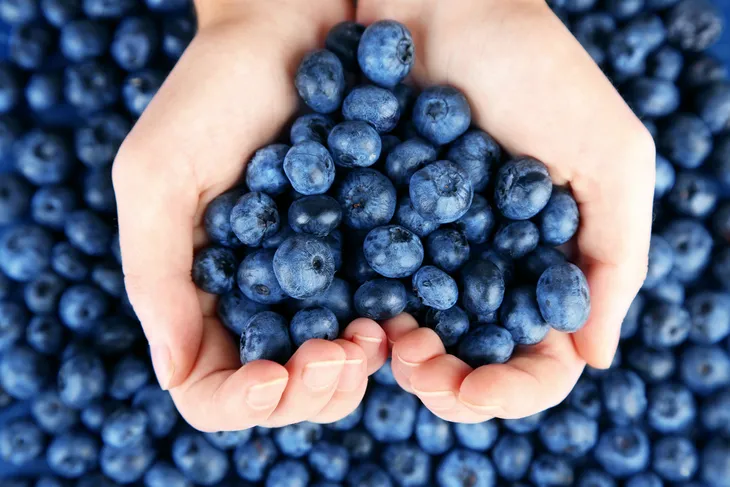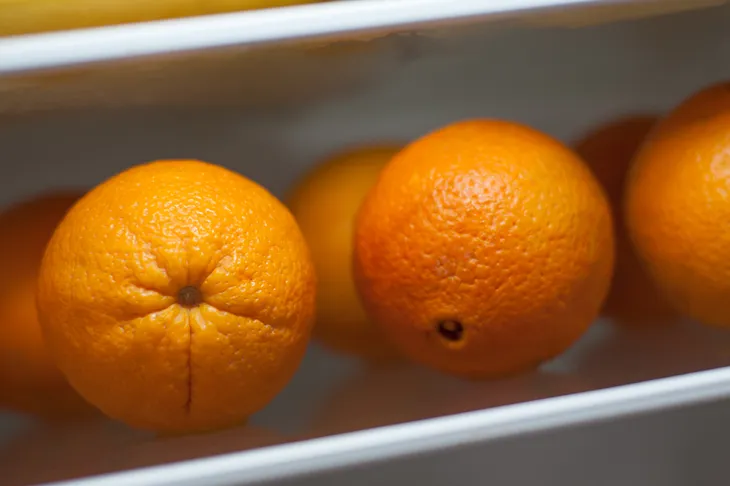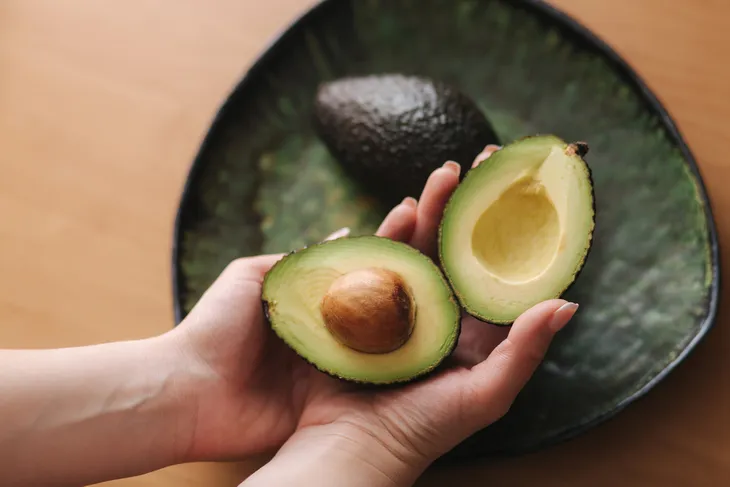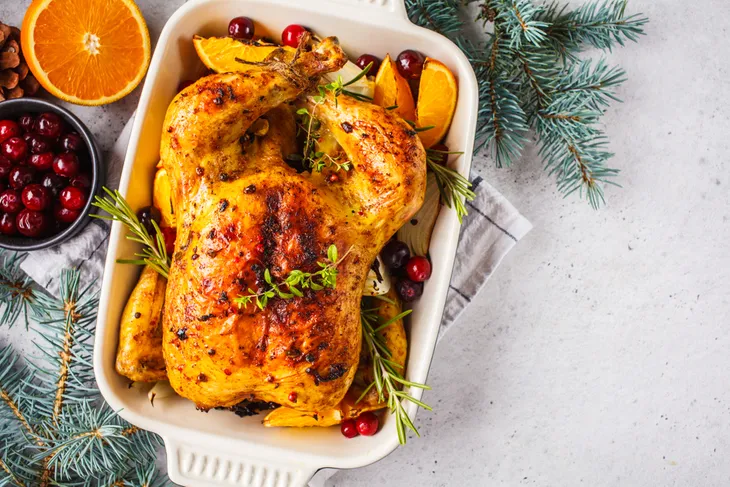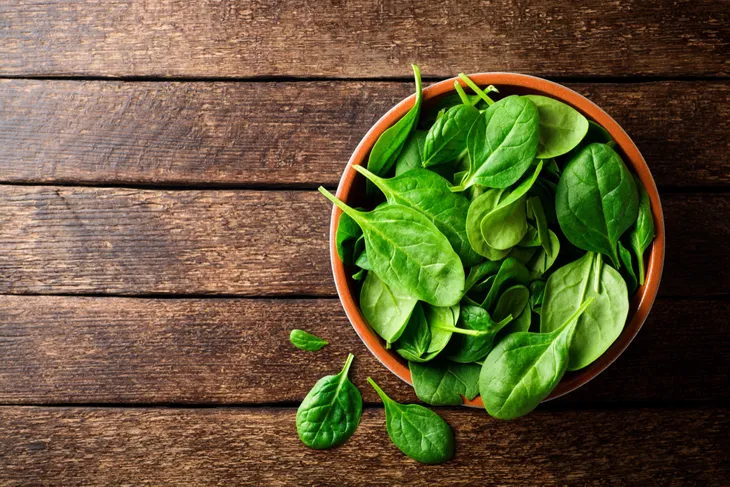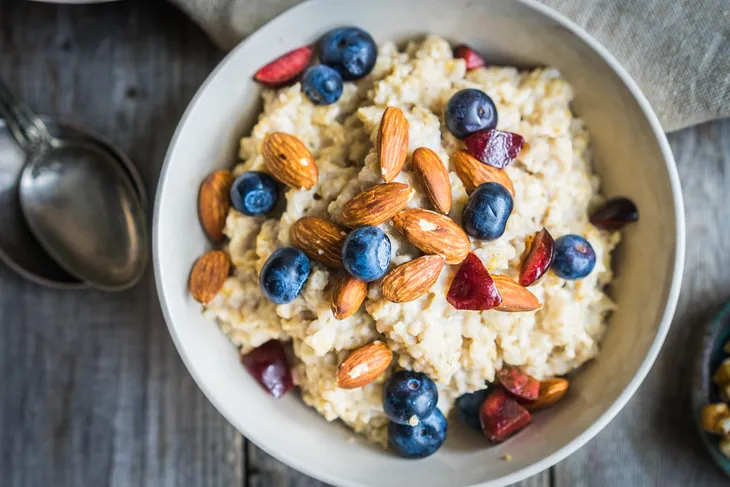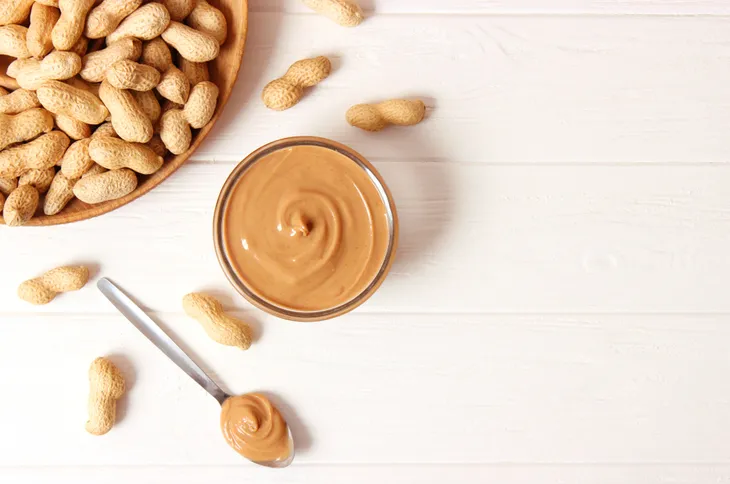For those who have to deal with an anxiety disorder, they often have the constant feeling of uneasiness, worry and fear. Anxiety disorders are now categorized to help us understand them better such as generalized anxiety disorder, a specific phobia, separation anxiety disorder, social anxiety disorder, selective mutism, panic disorder and agoraphobia. Some symptoms include shakiness, a fast heart rate, sleeplessness, shortness of breath, nausea and many others. While those who don’t have a disorder may experience anxiety during stressful situations or from time to time, someone with a disorder would experience this feeling a significantly increased amount of time. You may think anxiety is a fairly new disorder but that is far from the truth. It only feels new because it wasn’t until the 1980’s that medical professionals finally acknowledged it as a disorder. Prior to that time anxiety was often diagnosed as common stress or nerves. Working harder at social acceptance and awareness is definitely a step in the right direction.
While anxiety cannot be cured with coping mechanisms such as meditation, a digital detox, exercise and change in diet, these practices are still well worth a try. In an attempt to help you cope with anxiety-inducing situations we have researched 12 foods that may encourage a reduction in your anxiety, as well as help calm you stressful situations. Keep in mind, we aren’t medical doctors and highly encourage that you speak with a medical professional about anxiety and what treatment is best for you.
12. Chamomile Tea
As we talked about earlier, anxiety could cause a restless night with little sleep. That is when chamomile tea could come to the rescue. Chamomile is well known for its calming effects. While the tea is working at calming and reducing stress and anxiety it can also help diminish your insomnia.
In addition, chamomile tea can benefit your bodies muscles too. It has excellent benefits to help reduce irritability and relax your muscles for when the nervousness and shakiness kick in.
11. Decaf Green Tea
Green tea contains an amino acid called L-theanine. This is what gives green tea its distinguishing flavor and also is what is believed to help encourage relaxation.
Green tea has often been encouraged as a healthier alternative to coffee. Considering green tea is high in caffeine it would be best to drink a decaf version instead. You’ll be able to gain all the benefits it has to offer but without the added stimulant.
10. Warm Milk
The advice of drinking warm milk before bed to get a goods night rest has been around for a very long time. The warm beverage alone has calming effects on our body similar to how a hot tea would make us feel. However, if you dig deeper, milk contains tryptophan and this is what makes it truly effective.
Tryptophan is commonly known as a substance that is found in turkey that gives us that sleepy feeling after a big family dinner. This substance is also found in milk. What happens is it gets converted into a neurotransmitter known as serotonin which is known to help improve our moods.
9. Asparagus
Asparagus can offer a lot of nutrition but specifically here, the folic acid is what shines. Anxiety, as well as depression, have both been linked to a folic acid deficiency in the body. Asparagus happens to be one of the top foods that offer this nutrient.
In just a single cup, you’ll find two-thirds of your daily value of folic acid. There are so many recipes to help make asparagus delightful. If you’re needing inspiration on how to enjoy them more read HERE.
8. Blueberries
These tiny berries are small but their nutrients are mighty. All you’ll need is a handful to get a generous dose of Vitamin C and antioxidants. Both of these nutrients contribute to making blueberries a delicious and powerful de-stressor.
Vitamin C and antioxidants both work to help repair and protect the cells in our bodies. You’ll want to make sure your cells are ready for when the anxiety or stress arises. Some believe that the antioxidants and vitamin C can help regulate spikes in cortisol levels too. Cortisol is known as a stress hormone and if that level rises too high it could really strike anxiety into gear.
7. Oranges
As we discovered with blueberries, vitamin C can play a big part in helping reduce anxiety. Oranges taste wonderful and they happen to be overpowering with vitamin C. Our body can’t make vitamin C on its own, nor can we store and this is why it’s important to consume a regular dose of it daily.
Vitamin C has been known to help lower blood pressure as well as the stress hormone cortisol. You could drink orange juice but then you might be consuming a lot of unwanted sugar. It would be best to eat orange slices instead because then you can benefit from the fiber nutrient as well.
6. Avocado
Avocados are known for their creamy texture and healthy fats. They’re delicious, healthy and their Instagram-worthy photogenic capabilities help make them really popular too. Avocados contain vitamin B, and we need vitamin B to maintain healthy nerves and brain cells.
Some believe that a root cause of anxiety could lead to a vitamin B deficiency and considering avocados are rich in this vitamin makes them an excellent contender. Avocados are also high in potassium and monounsaturated fat which have both been linked to helping lower blood pressure. They taste great on top of toast but if you’re looking to be more adventurous with avocados check out these recipes HERE.
5. Salmon
Salmon is known for being rich in omega-3 fatty acids. It is also a great source of vitamin D and both of these combined could help aid some relief to your anxiety by improving brain health.
Additionally, if you have a diet rich in omega 3’s that could help keep your cortisol levels at bay. Often when we feel tense there will be a spike in our adrenaline making us feel that way. It is recommended to consume salmon at least 2-3 times a week to help put your mind and body at ease.
4. Turkey
Turkey often makes the cut on the menu for big family occasions. You can thank the turkey for that tired feeling you get after you eat a plate of food. This sleepy state is all thanks to the amino acid tryptophan that we talked about earlier with milk.
When you eat turkey the tryptophan sends signals to our brain to release serotonin. This feel-good chemical helps make us feel well good, and calm and the obvious tiredness. Try and stick to roasted turkey or freshly cut from your local deli opposed to the processed kind.
3. Spinach
Spinach is one of the best leafy greens, in my opinion! It is so adaptable that you can enjoy it in so many ways; blend it in your smoothies for breakfast, add it to your sandwich for lunch and even cook it with your pasta, the options are endless. Research says that spinach too could help reduce your anxiety.
This is all thanks to magnesium. This is a mineral that can help regulate our cortisol and as we talked about earlier can really keep that adrenaline at bay. One simple cup of spinach contains 40 percent of our daily quota of magnesium. Considering it can be enjoyed so many ways why not give it a shot. To get inspired on how to eat more spinach check out these recipes HERE.
2. Oatmeal
For some people, moments of stress or anxiety make you leap to comforting foods. Quite often those comforting foods happen to be carbs of some form that drag alone loaded sugar and other unwanted nutrient-less ingredients. If you find that happening to you, the next time you might want to try reaching for a healthier yet comforting food such as oatmeal.
Some say carbs could help with anxiety because they help release serotonin in the brain and as we discussed before that’s what gives us that good-happy feeling. Try and choose a healthier oatmeal like steel cut oats rather than instant oats as they hold the most nutrition. You could even top it off with some antioxidant-rich blueberries for a wholesome, anxiety-fighting meal!
1. Peanut Butter
Those who truly love peanut butter know how irresistible it’s creamy texture and nutty flavor is. You could eat it by the spoonful it’s that good. Peanut butter too could help reduce anxiety.
Peanuts, as well as many other nuts, contain niacin. This is a nutrient that can help encourage the release of serotonin. Once again, it’s an important chemical that makes us feel happy and content. It would be wise to enjoy a natural peanut butter rather than one that is loaded with added sugar. You could even add it to your oatmeal for a tasty breakfast.
